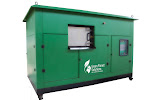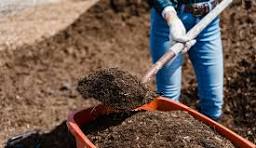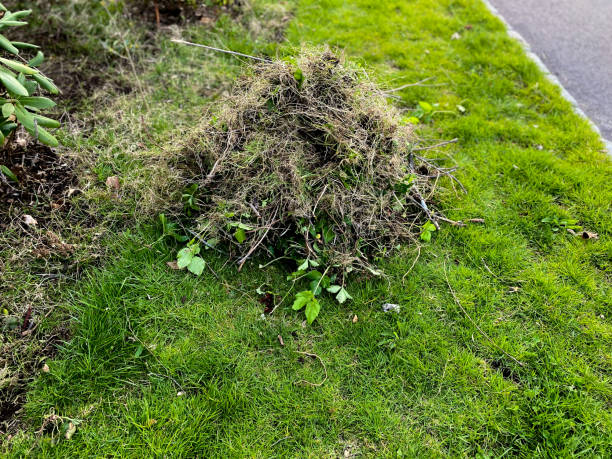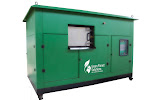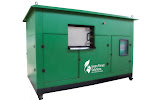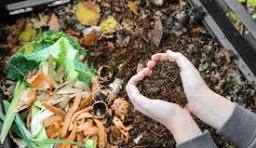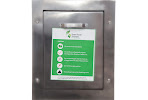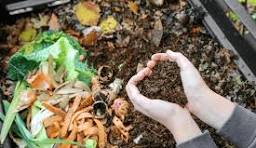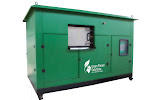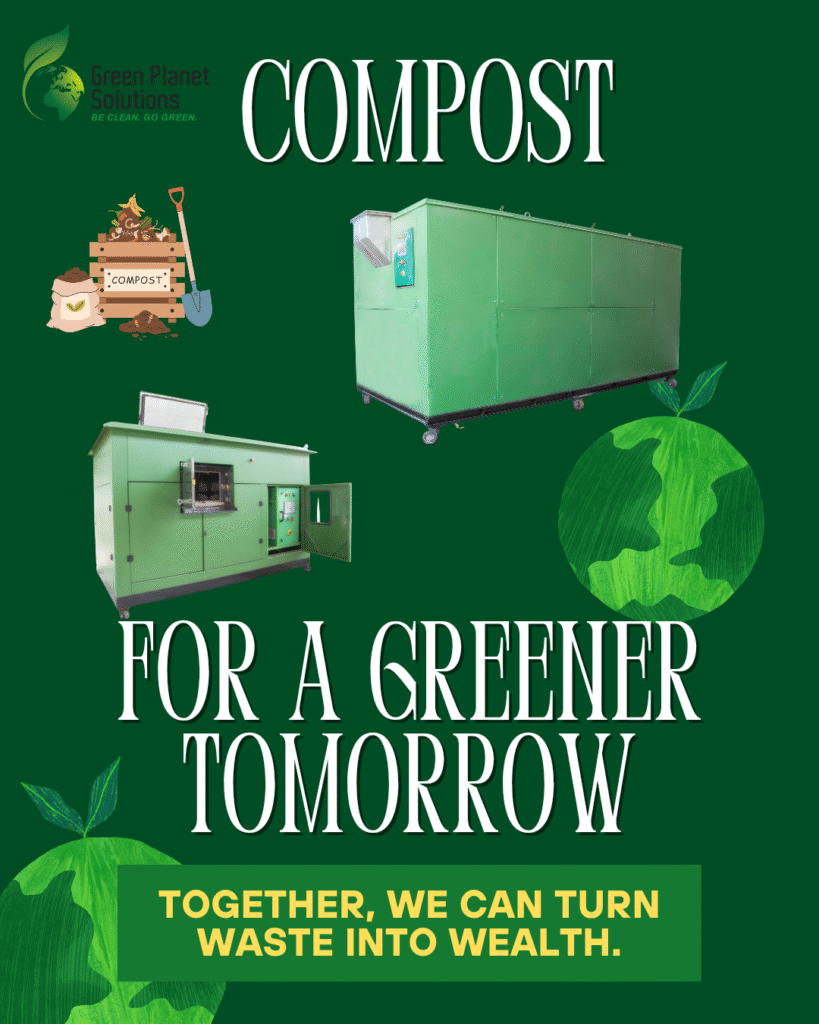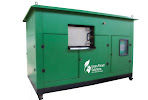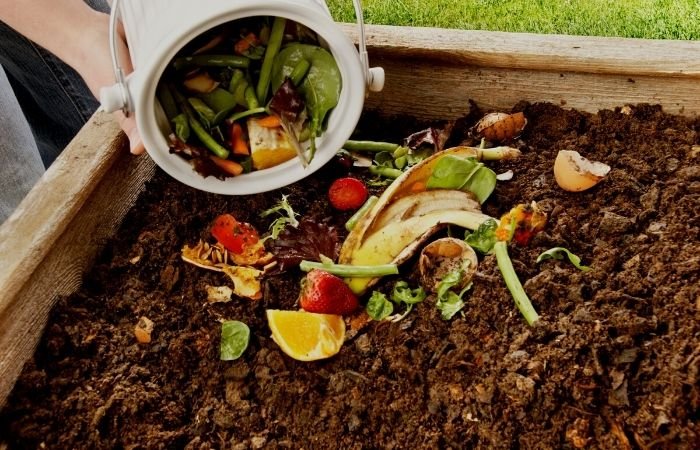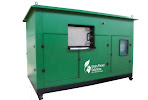ENQUIRE NOW FOR BEST COMPOSTING MACHINES IN INDIA – https://share.hsforms.com/1d12AT_oJScm8iiXbjSrEIwrh2r7
Introduction: The Hidden Treasure in Your Trash
Every morning, thousands of Indian apartments throw away leftover food, fruit peels, and vegetable scraps — nearly 60% of daily household waste!
What most people don’t realise is that this so-called “waste” is actually black gold — rich organic matter that can nourish gardens, save the planet, and even cut maintenance bills.
Today, across cities like Pune, Mumbai, Bengaluru, and Hyderabad, apartment complexes are proving that waste doesn’t have to stink — it can bloom.
They’re doing it with smart composting machines, community collaboration, and the right partner — Green Planet Solutions Pune.

🌱 What Is “Black Gold” and Why It Matters
“Black Gold” is what gardeners call compost — a nutrient-rich organic fertilizer made from decomposed food and garden waste.
It improves soil fertility, boosts plant growth, and eliminates the need for chemical fertilizers.
When apartments turn kitchen waste into compost:
- They reduce landfill load,
- Cut waste collection costs, and
- Create a circular ecosystem — where every banana peel and leftover chapati gets a second life.
That’s the essence of zero-waste living — sustainability starting right at home.
ENQUIRE NOW FOR BEST COMPOSTING MACHINES IN INDIA – https://share.hsforms.com/1d12AT_oJScm8iiXbjSrEIwrh2r7
🏙️ Why Apartment Composting Is Booming in India
1️⃣ Regulations Are Changing
Under the Solid Waste Management (SWM) Rules 2016, any residential complex generating over 100 kg of waste per day must treat organic waste onsite.
Municipalities in Pune, Mumbai, and other metros now actively penalize societies that fail to do so.
✅ Composting is no longer optional — it’s essential.
2️⃣ Rising Costs of Waste Disposal
Apartment societies are spending heavily on transporting wet waste to centralised plants. By composting onsite, they save ₹20,000–₹50,000 per month, depending on scale.
Green Planet’s decentralised composting systems offer ROI within 12–18 months.
3️⃣ Eco-Conscious Living Is Becoming a Norm
Residents today want eco-friendly, responsible societies. Composting enhances community image, attracts like-minded homebuyers, and builds environmental pride.
🧡 Composting isn’t just good for the earth — it builds stronger, greener communities.
ENQUIRE NOW FOR BEST COMPOSTING MACHINES IN INDIA – https://share.hsforms.com/1d12AT_oJScm8iiXbjSrEIwrh2r7
⚙️ How Green Planet Solutions Pune Helps Apartments Turn Food Waste into Compost
At Green Planet Solutions Pune, we provide automated, odour-free, space-efficient composting machines designed for apartment complexes, gated communities, and residential societies.
✅ Our Apartment Composting Systems:
- Convert wet waste to compost in 24–48 hours
- Eliminate foul odour & flies
- Compact footprint – ideal for basements or terraces
- Plug-and-play operation with minimal manual input
- Fully compliant with SWM Rules & PMC norms
ENQUIRE NOW FOR BEST COMPOSTING MACHINES IN INDIA – https://share.hsforms.com/1d12AT_oJScm8iiXbjSrEIwrh2r7
We also offer:
- Resident awareness sessions
- Segregation training
- Annual Maintenance Contracts (AMC)
- Smart dashboards for waste tracking and analytics
“We don’t just install machines — we build zero-waste communities.”
🌍 Case Study: How a Pune Housing Society Became Waste-Free
Society Name: Green Meadows, Baner, Pune
Households: 120
Daily Waste: 80–100 kg
Before: Mixed waste led to overflowing bins, foul odour, and rising waste collection costs.
After installing Green Planet’s composting unit:
- Wet waste converted to compost daily
- Monthly waste cost dropped by 45%
- Compost used in gardens and sold locally
- Residents proudly call it their “Green Gold Corner”
“We didn’t realise our kitchen waste could become our society’s greatest asset!” — Society Secretary, Green Meadows, Pune
💚 Environmental Impact of Apartment Composting
When one apartment complex composts 100 kg of wet waste daily, it prevents 36 tonnes of organic waste from reaching landfills every year.
That means:
- 🌿 Less methane emissions
- 💧 Cleaner groundwater
- 🌸 Healthier neighbourhoods
- ⚡ Lower carbon footprint
Multiply that by thousands of societies, and you have a nationwide zero-waste revolution.
💬 Why Choose Green Planet Solutions Pune
| Feature | Benefit |
|---|---|
| Automated Composters | Converts waste in 24–48 hours |
| No Odour, No Hassle | Enclosed design with air filtration |
| Space-Saving Models | Fits terraces, basements, or utility areas |
| Low Power Consumption | Energy-efficient motors |
| Local Support | Pune-based installation & service team |
Whether you manage 50 flats or 500, Green Planet has the right composting system for you.
Primary Keywords:
- apartment composting India
- food waste composting Pune
- composting machine for housing society
- organic waste management India
- Green Planet Solutions Pune
Secondary Keywords:
- on-site composting system
- zero waste apartments India
- waste management Pune
- eco-friendly housing India
- composting machine supplier Pune
Power Words:
Transform, Empower, Revolution, Proven, Sustainable, Efficient, Future-Ready, Eco-smart, Reliable, Turnkey
Emotional Words:
Hope, Pride, Community, Green Future, Clean, Happy, Responsible, Rewarding, Together, Healthy Living
Uncommon Words (SEO boosters):
In-vessel composting, microbial catalyst, decentralised waste model, nutrient recycling, compostpreneurship
ENQUIRE NOW FOR BEST COMPOSTING MACHINES IN INDIA – https://share.hsforms.com/1d12AT_oJScm8iiXbjSrEIwrh2r7
🌿 Is your apartment ready to join India’s zero-waste movement?
Let’s turn your food waste into “Black Gold” with Green Planet Solutions Pune’s cutting-edge composting technology.
📞 Call us today for a free waste audit and live demo at your society.
Together, we can make urban living truly sustainable — one composting unit at a time.

– https://www.thegreenplanetsolutions.com/
 – +917722073961
– +917722073961
Instagram – https://www.instagram.com/greenplanetolutions2013?igsh=MTQ5MWxpeng5dmtvaA==
Facebook – https://www.facebook.com/share/19Eim5u2Ep/
Linkdein – https://www.linkedin.com/company/green-planet-solutions/
Threads – https://www.threads.net/@greenplanetolutions2013
YouTube – https://youtube.com/@greenplanetsolutions2013?si=0gkKEahaaB5z6csm
#CompostingIndia #FoodWasteToCompost #ZeroWasteApartments #GreenPlanetSolutions #PuneSustainability #WasteToWealth #EcoLiving #OrganicWaste #CompostingMachine #CleanIndia2025
🏷️ Suggested Meta Title & Description (SEO Snippet)
Meta Title:
How Indian Apartments Are Turning Food Waste into Black Gold | Green Planet Solutions Pune
Meta Description (155–160 chars):
Discover how Indian apartments convert food waste into rich compost using Green Planet Solutions Pune’s smart composting machines. Go zero-waste today!
